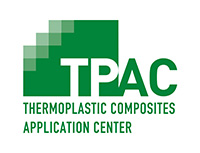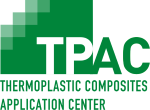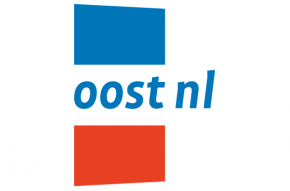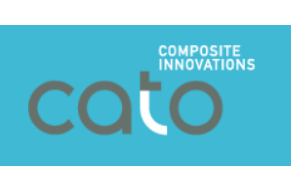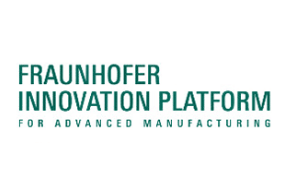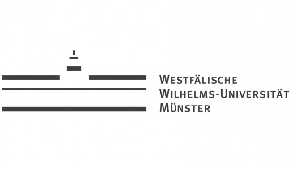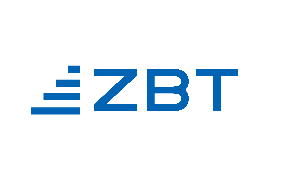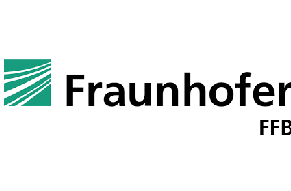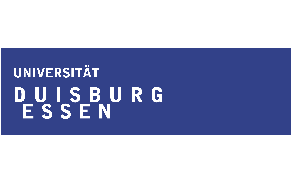Manufacturing Next Materials (MNM)
Summary
The Manufacturing NextMaterials (MNM) project promotes and encourages the upscaling of prototypes to the production stage of parts and components with smart and sustainable properties. Think lightweight car parts and battery materials. The aim is to give innovative SMEs the necessary competences to bridge the gap between prototype and market.
The project consists of three Lighthouse-pilot projects, workshops, trainings and matchmaking sessions as well as an open call to support the SMEs in the Dutch-German border region. The project runs from 2024 to 2027 and is supported by the Interreg VI program Germany-Netherlands.
Thermoplastic composites as structural and lightweight materials contribute to the reduction of energy consumption for lightweight (electric) mobility and serve as corrosion-resistant heat exchanger plates for hydrogen systems. In recent years, SMEs in the programme area have developed several of these materials. However, large-scale production is lacking because it lacks the resources and lack the expertise to invest in scale-up facilities.
Within this Lighthouse pilot project, Next TPC Manufacturing Solutions (next TPMS), a pilot line will be installed and used for the development of production solutions for the production of the above-mentioned components. The composite materials to be used are preferably circular and/or biobased.
The pilot-project aims to set up the following facilities:
- Large production press for large TPC materials and components for lightweight mobility and renewable energy (up to 1.2 x 2.8 m).
- Moulds that use 3D metal printed materials to reduce costs and lower energy consumption.
- Materials laboratory for customization and refinement of TPC materials, including laboratory press and equipment for testing materials.
- An integrated automated TPC fabrication cell for “Automated Component Manufacturing”.
Due to the open nature of this center, many companies can make use of this pilot plant for their own upscaling.
Project partners
OostNL, CATO, University of Duisburg-Essen (RTC), Zentrum fuer Brennstoffzellentechnik (ZBT), Fraunhofer FFB, Westphalian Wilhelms-Universität in Münster (WWUM), Fraunhofer Innovation Platform for Advanced Manufacturing at the University of Twente (FIP)
Duration
The project runs from 2024 to 2027
Funding
This project is supported by the Interreg VI program Germany-Netherlands.
